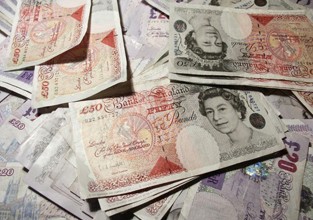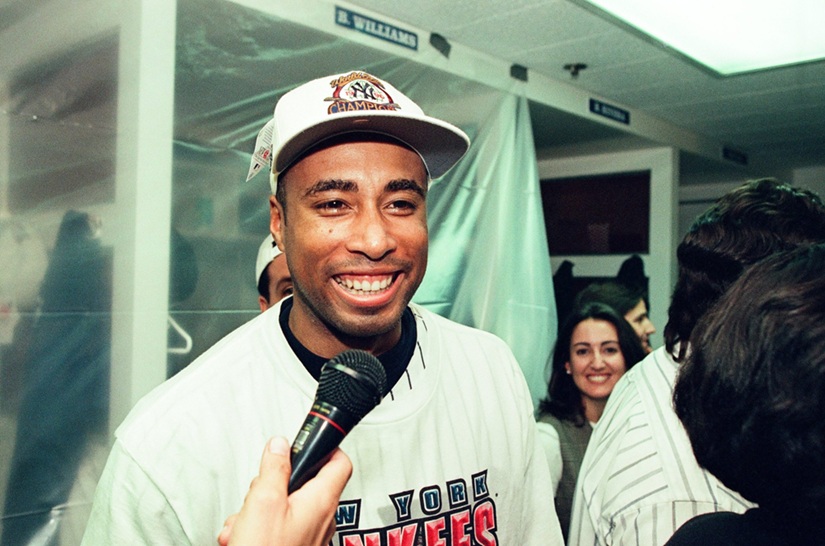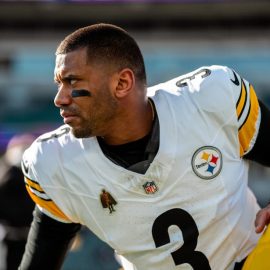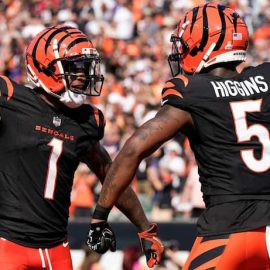As tens of thousands of demonstrators descended onto the streets of London to protest the proposed spending cuts, football continues to live on in its own parallel world, cut off from the reality of society. Since Bryan Robson became the first £1,000-a-week footballer in 1981, wages have rocketed beyond belief. The skies really are the limit. Football in England has no wage cap which leads to players holstering pay packets that would embarrass even some of our greediest bankers. But, if you can manage to look beyond the money itself, it becomes apparent how important these players are to our country.
There is no doubt in my mind that without the players we have in the Premiership, English football will not be the global phenomenon it is today. If you look at the Premiership as a blank canvas, the artists who take to the pitch are of the highest quality. Despite all the arguments and views that they are overpaid, footballers who make it in the Premiership are extremely talented.
The beautiful game doesn’t just bring enjoyment to the millions of fans who spill onto the terraces each week, it creates revenue, it creates employment and it creates culture. From the Premiership to the Conference South there are 160 clubs that serve physiotherapists, doctors, grounds men, accountants, all the way to the club mascots. Football isn’t just a game, it’s a life for some people. I am not ashamed to say it, but if it wasn’t for these high paid players I don’t think we would be enthralled into the English Football League as we are today.
I agree to an extent that some wages are excessive but the money is there in the system. BSkyB pay the TV rights, which increases the revenue that leads to the club and players gaining more money. If players were paid less, then the owners are likely to benefit and pocket more.
After seeing Plymouth Argyle recently go into administration following a catastrophic succession of errors by the owners and directors, I am all for the money being sent the players’ way. People also forget that these players have dedicated their entire lives to day in day out harsh physical training, maintaining fitness and strict diets to suit the trainer’s requirements. If this pressure wasn’t enough, they are forever under the scrutiny of the public and the media.
At the same time football is a private business. When was the last time you saw the Government bail out a football club with public money?
Where I feel the public may feel aggrieved with wages is that a footballer is not paid purely for their efforts on the pitch. As an icon, their high wage demands a certain high stature off the pitch. Children idolize them and the public does not expect footballers to disrespect this during their private life.
People say to me that wages should reflect their value to society. I don’t disagree that doctors, nurses, soldiers do a heroic job in serving society but comparing their pay to a footballer is pointless. The government does not operate as a capitalist system. Besides, would we really want to take away the enjoyment the taxman must get from raking 50% of a footballers wages. English high earners contribute vast amounts of sterling to the economy and if this wasn’t the case it is clear that more cuts would be needed to plug that hole.
Ultimately football is moving towards an era where a clubs wealth is being generated more by its global image and its owner’s value than the fans who pay to watch each week. However, no club could live without their greatest assets, the players. Regardless how much they are paid, the show must go on.
Add Sportslens to your Google News Feed!







